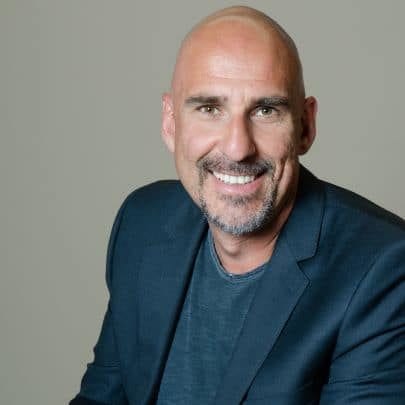Chicago Tribune October 21, 2020 – Medical ID theft: Prescription for fraud
Living through a pandemic can be a frightening experience. But years before the outbreak of COVID-19, another scary health-related scourge was steadily gathering steam. That worrisome phenomenon is the onslaught of medical identity theft.
Scam artists are increasingly turning their attention to the $3-trillion-a-year U.S. health care industry, where data can be worth far more than stolen credit card numbers, reports Steve Tcherchian, chief product officer with Simi Valley, California-based XYPRO.
…
The pandemic worsens the situation. Ordinarily, patients see their doctors face to face. But due to the crisis, many consultations are now being undertaken via telemedicine. That can lead physicians to rely more heavily on data in the electronic medical record. The record may be wrong, reflecting someone else’s ER visit, not the patient’s, Brill says.
In some particularly sinister cases, medical identity theft could even lead to blackmail, Sheward reports. If your medical records showed, for example, that you sought treatment for alcoholism, “perhaps the actors who obtain them could threaten to pass on the information to your family or employer unless you pay (them) a fee,” he says.
Medical identity theft has a way of costing society as a whole. “It allows a fraudulent person to receive health care benefits they’re not entitled to, as well as access to prescription history,” Tcherchian says. “This enables thieves to purchase prescription drugs on a patient’s (identity), which are then resold online on black market websites.”
Prevention steps …
To read the full article visit chicagotribune.com

Steve Tcherchian, CISSP, PCI-ISA, PCIP is the Chief Product Officer and Chief Information Security Officer for XYPRO Technology. Steve is on Forbes Technology Council, the NonStop Under 40 executive board, and part of the ANSI X9 Security Standards Committee.
With over 20 years in the cybersecurity field, Steve is responsible for the strategy and innovation of XYPRO’s security product line as well as overseeing XYPRO’s risk, compliance, and security to ensure the best experience for customers in the Mission-Critical computing marketplace.
Steve is an engaging and dynamic speaker who regularly presents on cybersecurity topics at conferences around the world.

